Peru announced that it is severing diplomatic relations with Mexico after learning that Mexico accepted former Peruvian Prime Minister Betssy Chávez at its embassy and began an asylum process for her. Foreign Minister Hugo de Zela said the Peruvian government considered the Mexican decision an “unfriendly act” and ordered the withdrawal of Peruvian diplomatic personnel from Mexico, along with the cancellation of credentials for Mexico’s representatives in Lima. The move formalizes a rupture that had been building over several earlier exchanges in which Peru accused current and former Mexican leaders of commenting on Peru’s internal political processes.
According to the Peruvian statement, officials in Lima were informed the same day that Chávez had entered the Mexican embassy and was seeking protection while on trial for alleged participation in the failed attempt by then-President Pedro Castillo to dissolve Congress in December 2022. Peru’s foreign ministry said that accepting a defendant in an ongoing criminal case, without consultation and in the middle of court proceedings, breached the principle of noninterference that governs relations between the two countries. Mexico did not issue an immediate, detailed public response at the time of Peru’s announcement.
The decision means the two countries will no longer conduct normal ambassador-level relations. Consular services are expected to be maintained through protecting powers or existing consular offices to avoid affecting citizens, but political and diplomatic dialogue is effectively frozen until one side moves to restore ties.
Background on the former prime minister’s case
Betssy Chávez served briefly as prime minister under President Castillo in 2022. After Castillo tried to dissolve Congress and was removed and detained, prosecutors opened cases against several officials, including Chávez, for alleged rebellion and conspiracy. Prosecutors have sought a sentence of up to 25 years for Chávez, arguing that she was aware of the plan to shut down Congress and supported it through her position in government.
Chávez was jailed in 2023 but later released under court supervision while her case proceeded. Peruvian authorities now say her appearance at the Mexican embassy indicates an attempt to evade Peruvian justice. Her attorney told local media he had not been in contact with her in recent days and could not confirm whether she formally requested asylum. Peruvian officials nevertheless treated her entry into the embassy, coupled with Mexico’s acceptance of her, as a completed act requiring a diplomatic response.
Peru also recalled that former President Castillo’s wife and children were received in Mexico after he was ousted, and Mexican authorities publicly criticized the Peruvian Congress at that time. Lima cited those earlier episodes as prior instances of what it calls interference and said the Chávez case was the point at which Peru decided to break relations.
Peru’s legal and diplomatic reasoning
In its public explanation, Peru said that while political asylum is a recognized figure in Latin America, it is not meant to shield officials who are already facing regular judicial processes for actions linked to a constitutional order. Peruvian authorities argued that Chávez is being tried in civilian courts with full guarantees and that allowing her to leave the country would obstruct an ongoing criminal proceeding.
Peru also referred to the principle of nonintervention contained in the Charter of the Organization of American States and in bilateral practice. The foreign minister said Mexico’s action, in context, was the latest in a series of statements and decisions by Mexican authorities about Peru’s domestic affairs. By cutting diplomatic ties, Peru is signaling that it considers the matter no longer solvable through routine diplomatic protest notes.
The step is significant because breaks in relations between Latin American countries over asylum are uncommon and usually handled with negotiations that preserve some level of representation. Peru’s move indicates that, for now, it is unwilling to continue regular engagement while a high-profile defendant remains under Mexico’s protection.
Mexico’s position and regional implications
Mexico has historically maintained an open-door approach to political figures claiming persecution, citing the long tradition of Mexican diplomatic asylum. Past Mexican governments have granted protection to South American, Central American, and Spanish exiles. In line with that tradition, the foreign ministry received Chávez at the embassy and allowed her to begin the asylum procedure.
If Mexico follows its standard practice, it will later issue a reasoned position explaining that the asylum is humanitarian or political in nature and that it does not represent a judgment on the Peruvian justice system. However, because Peru has already broken relations, the channel for discussing those explanations has been downgraded.
Regionally, the episode adds to periodic tensions within the Pacific Alliance and other Latin American forums, where differences over domestic politics have occasionally disrupted otherwise cooperative agendas. Without ambassadors in place, coordination on trade, migration, and multilateral votes becomes more complicated. Other countries in the region will watch to see whether Mexico attempts to secure a safe-conduct for Chávez to leave Peru or whether Peru seeks to restrict her movements to the embassy grounds while pursuing the case in absentia.
On the horizon
The first indicator will be Peru’s formal diplomatic note specifying the terms of the break, including how consular matters will be handled and what deadline is set for Mexican diplomatic personnel to depart. A second indicator will be Mexico’s public reply: whether it reaffirms the asylum and calls for dialogue, or whether it issues a reciprocal measure, such as downgrading or suspending its own representation.
On the legal side, Peruvian prosecutors are likely to continue the case against Chávez, documenting her appearance at the Mexican mission as a new development. Courts may be asked to rule on trial-in-absentia arrangements or on measures to freeze assets and restrict rights while the defendant remains under protection. Any Peruvian request for international assistance or for Interpol notices would show that Lima intends to pursue the case beyond its borders.
Diplomatically, attention will turn to regional organizations. If mediation is attempted, it could come through the OAS or through a smaller ad hoc group of Latin American states willing to help restore ties. Such efforts usually start with technical discussions about consular services and progress, if conditions allow, toward reinstating ambassadors.



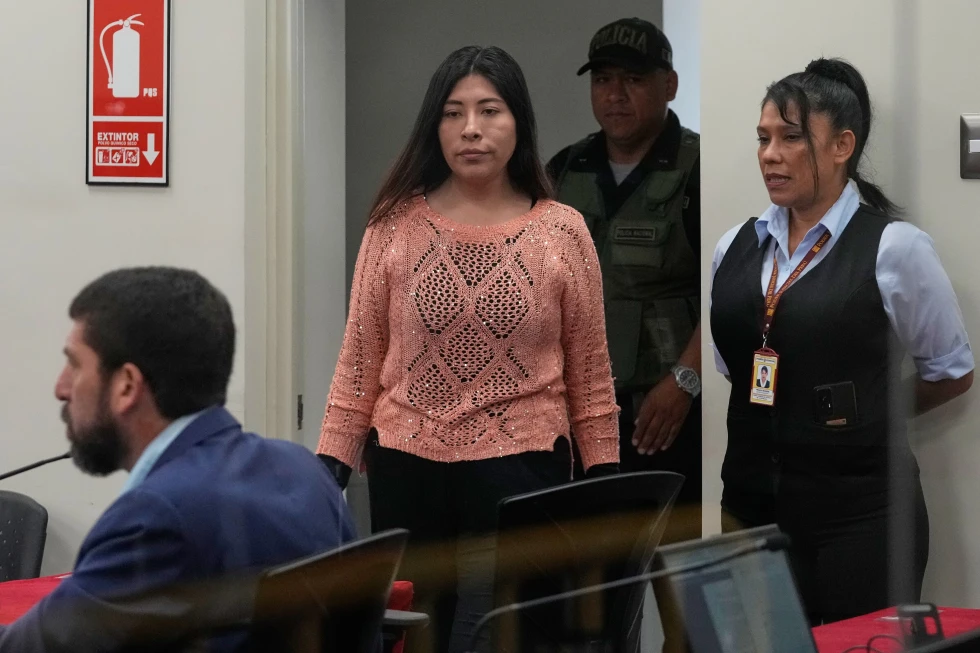
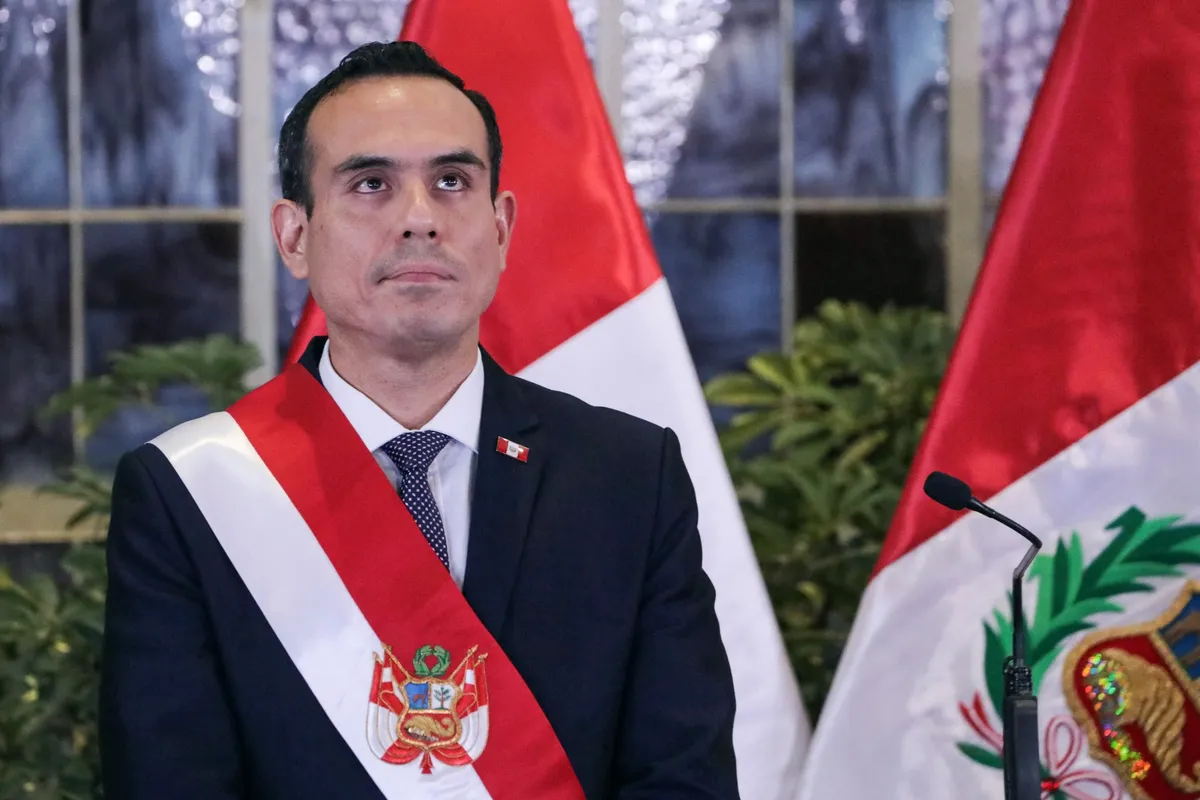
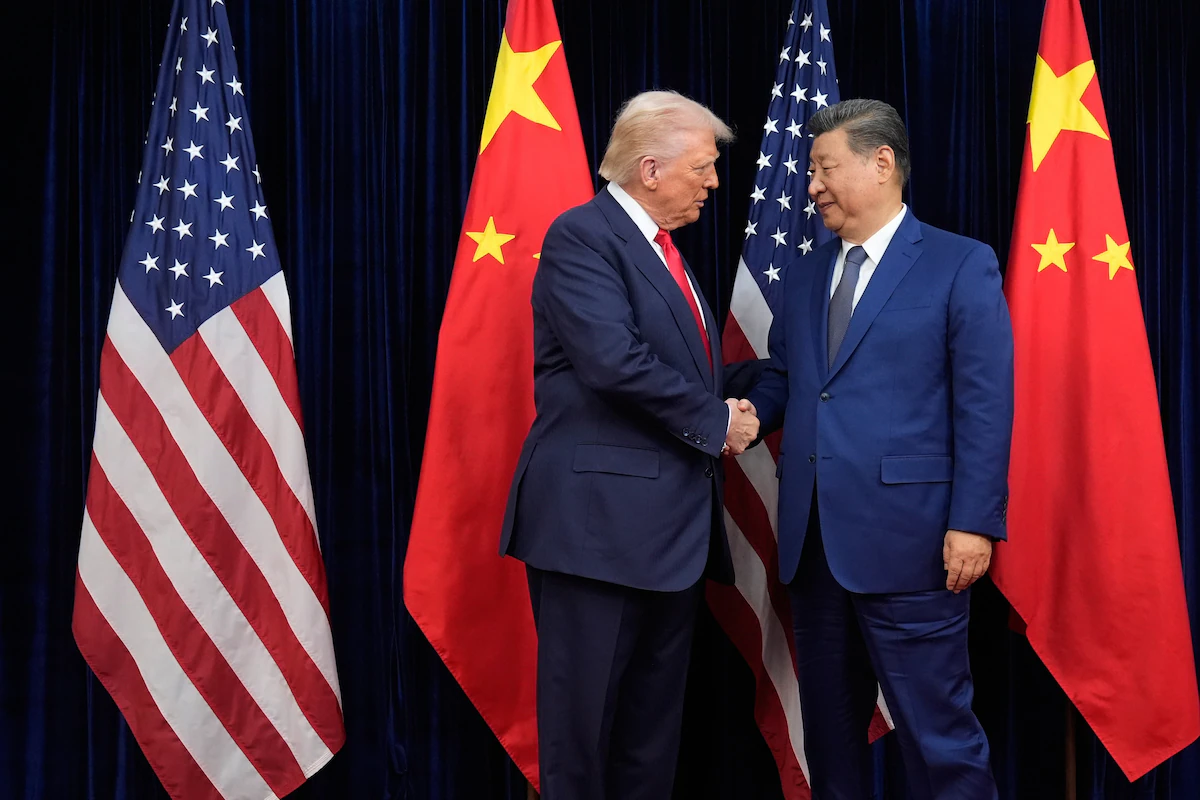
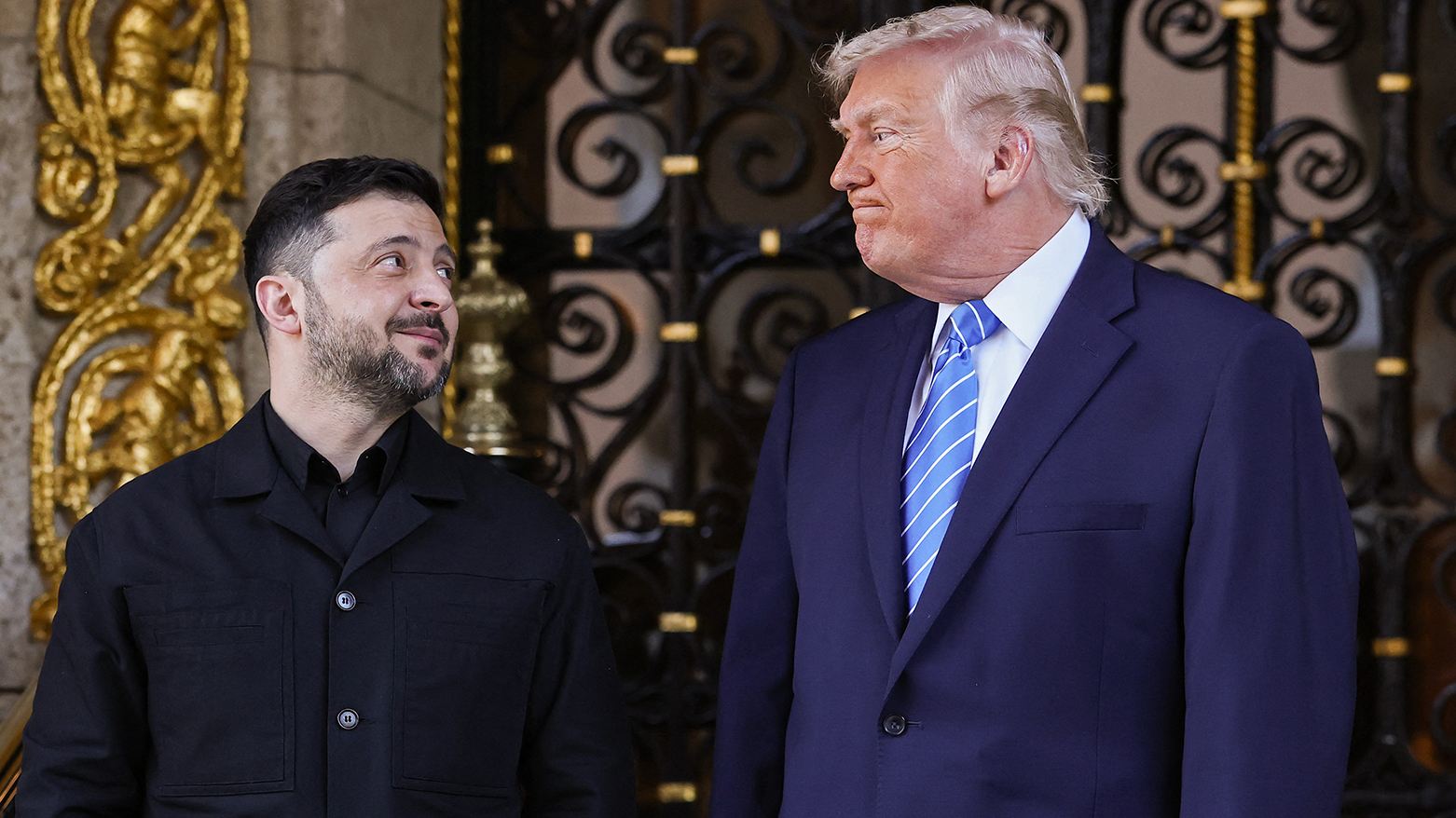
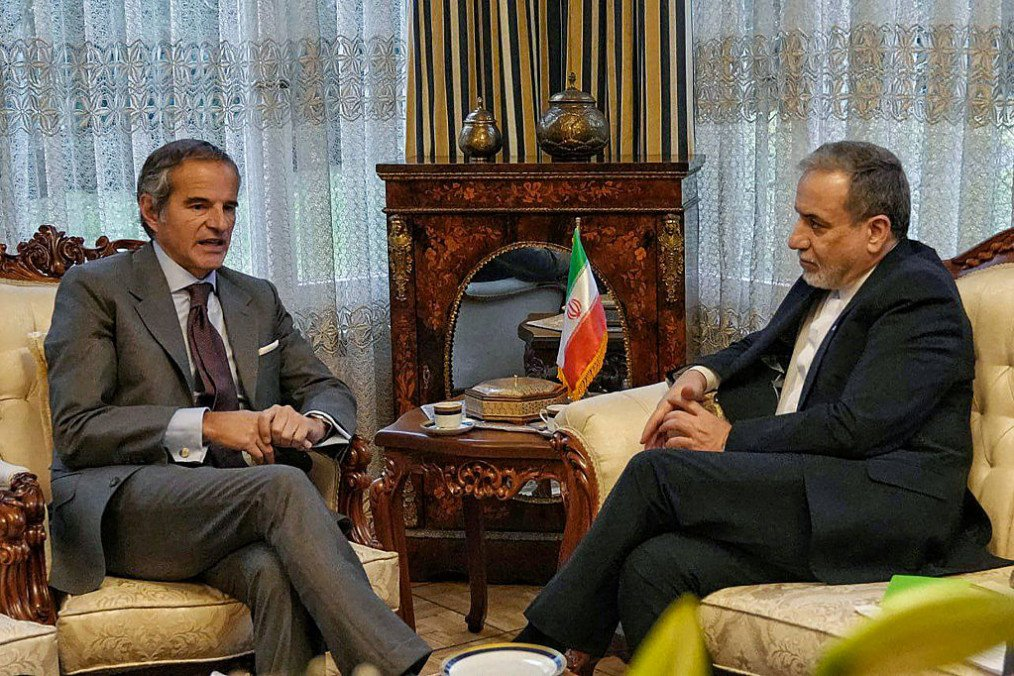
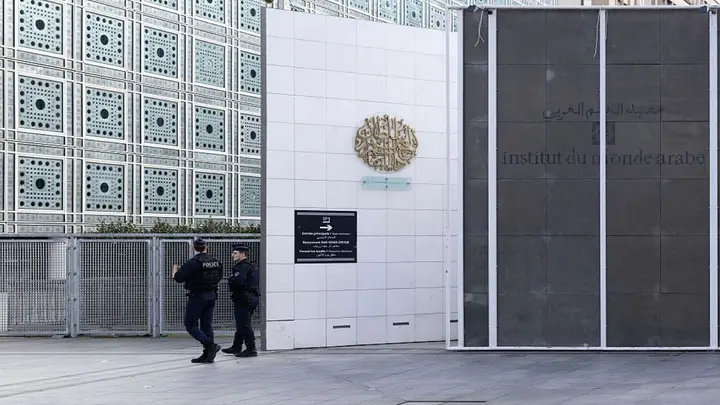
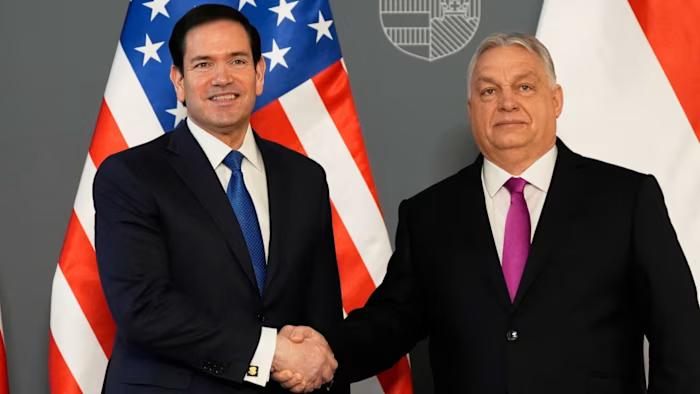
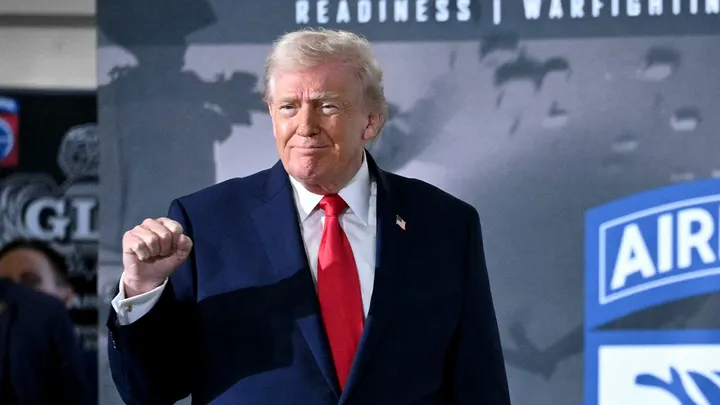
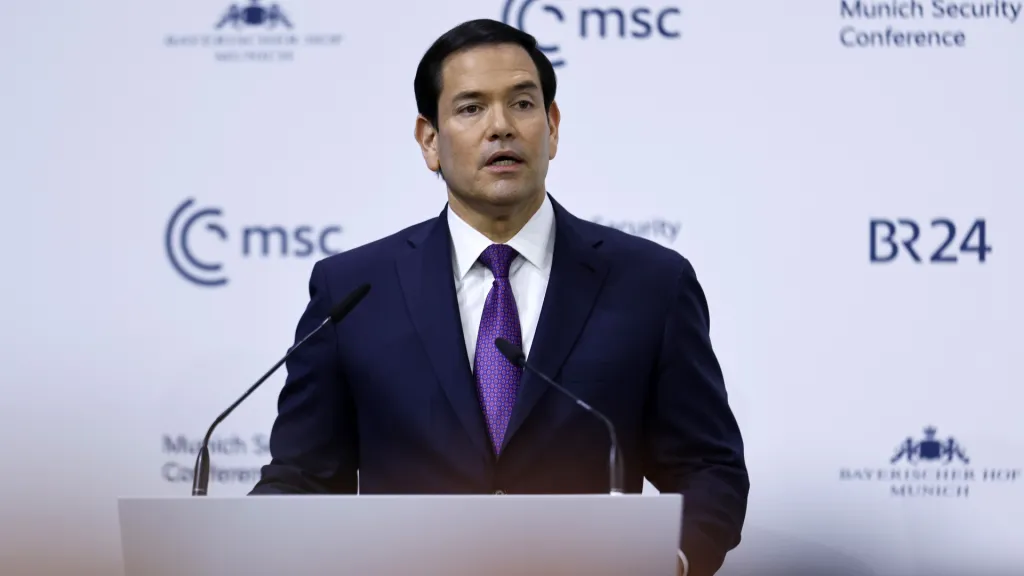
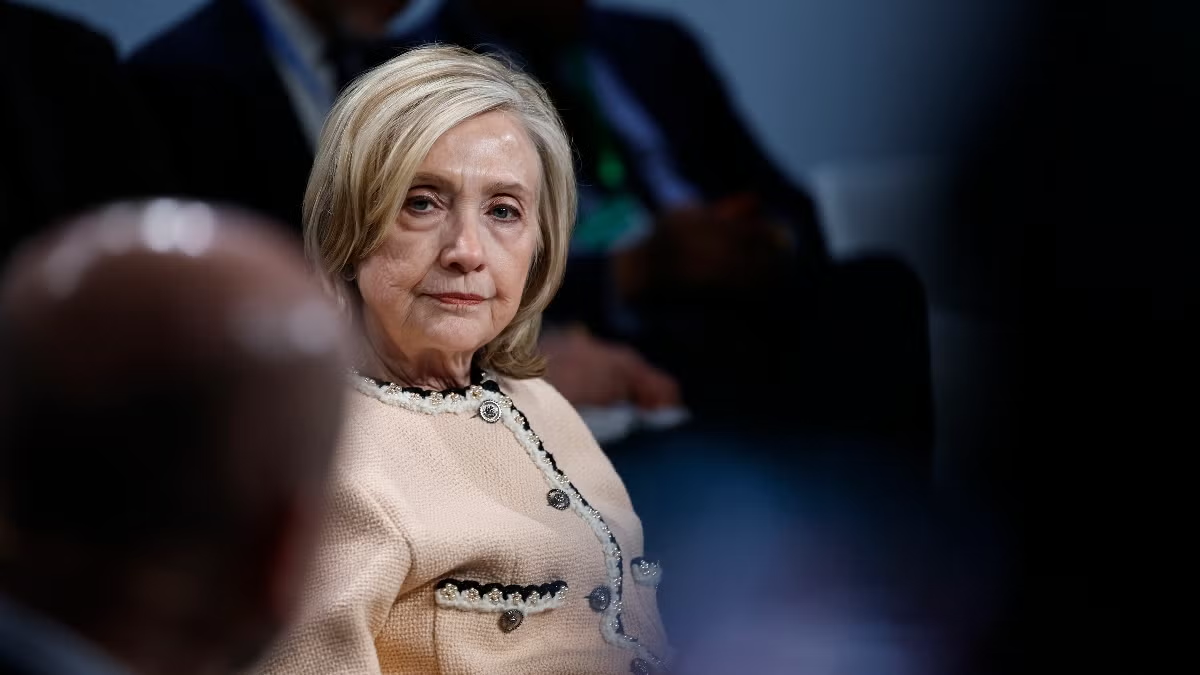

Discussion